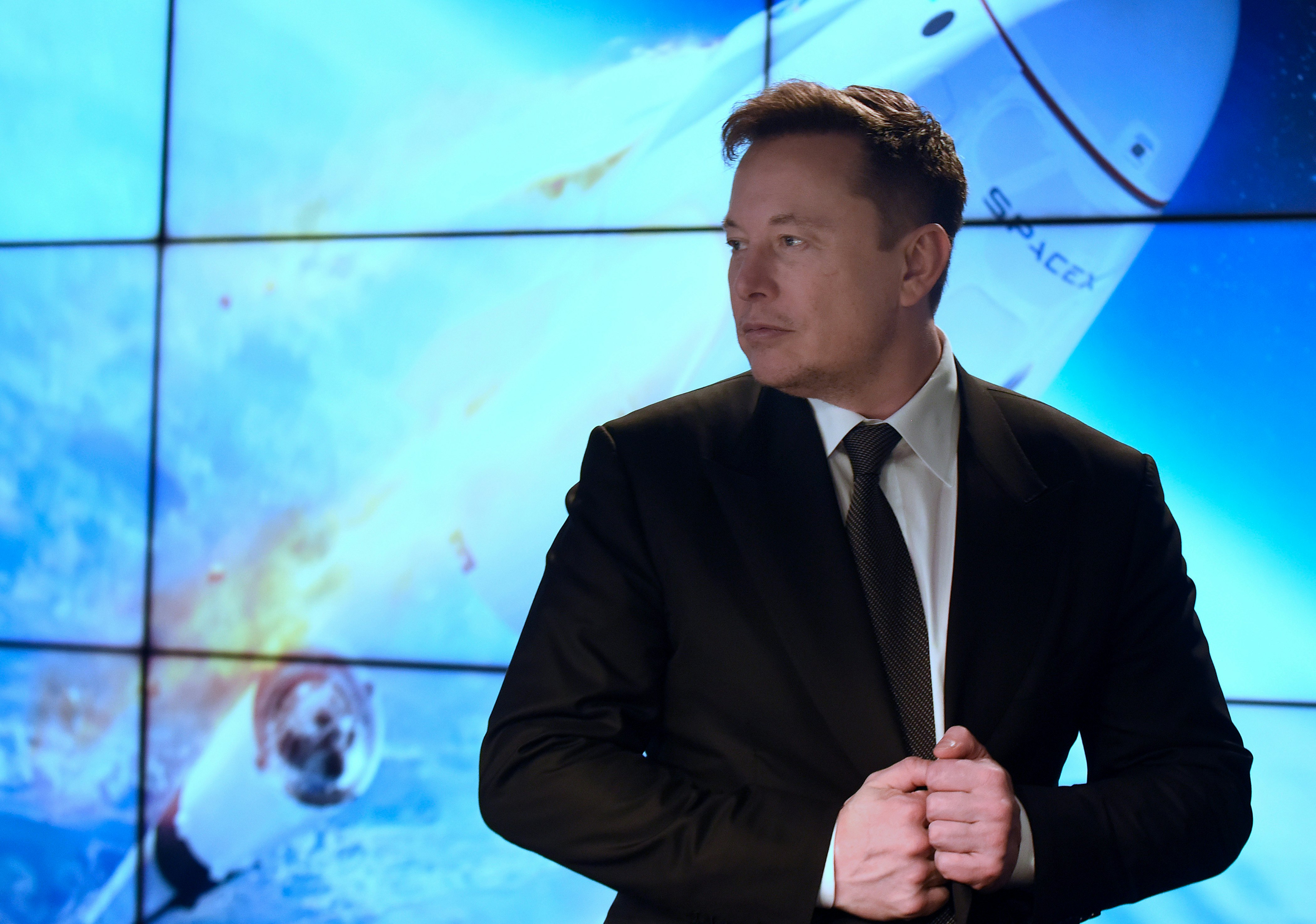
Population collapse could mean fewer humans for Mars, Elon Musk has declared. On Tuesday, the SpaceX CEO posted on Twitter that “we should be much more worried” about the emerging trend before writing that “if there aren’t enough people for Earth, then there definitely won’t be enough for Mars.”
The comments cut to Musk’s long-term goal of a self-sustaining city on Mars by 2050. The city would include one million people, establishing humanity as a multi-planet species.
They also echo comments made by Blue Origin founder Jeff Bezos. In 2019, he argued for giant orbital cities in space to support one trillion humans. That would include “a thousand Mozarts, or a thousand Einsteins.”
On Tuesday, Musk argued that official figures are wrong:
“UN projections are utter nonsense. Just multiply last year’s births by life expectancy. Given downward trend in birth rate, that is best case unless reversed.”
It’s not the first time Musk has warned about the issue. In 2019, he described population collapse as “the biggest problem the world will face in 20 years.” He also added that immigration does not solve the problem, as people have to come from somewhere.
Want to learn more about how SpaceX and others plan to get to Mars? Subscribe to MUSK READS+ for exclusive interviews and analysis about spaceflight, electric cars, and more.
Population collapse: Is Elon Musk right?
Musk shared two article links after his declaration. The first was for a May 2021 story from NPR, which reported that the number of babies born in the U.S. fell by four percent year-over-year in 2020, the sixth year of decline in a row. Births per 1,000 women were now at 55.8 for ages 15 to 44, a record low.
Another article from the BBC in July 2020 warned that the global fertility rate was dropping. In 1950, the average woman would have 4.7 children over a lifetime. That figure had fallen to 2.4 in 2017, and a study in the Lancet predicted it could reach 1.7 by 2100.

The article explains that a population declines when the birth rate reaches below 2.1. That means, according to the report, that the world is close to decline.
But is Musk right to describe United Nations projections as “utter nonsense”? The organization estimates that the population will reach 9.7 billion in 2050 and 11 billion in 2100.
Experts in the field heavily criticized Musk’s suggestion. Edward Morgan, head of the U.K. Office for National Statistics’ census analysis coordination, responded on Twitter:
“The issue is that the tweet implies that sensible population projections can be achieved by multiplying births by life expectancy, which any introductory demographic methods textbook would tell you is nonsense.”
A significant issue with Musk’s approach is that it does not factor in how these figures will change in the future.
The Inverse analysis — Musk has regularly cited science fiction novels as part of his inspiration. Isaac Asimov had a big effect on him: in 2018, Musk described Asimov’s Foundation series as “fundamental to [the] creation of SpaceX.”
The first book describes a galactic empire of one quadrillion humans, spread across multiple planets. It also says that the capital planet, Trantor, had reached the “ultimate” in urbanization: all its 75 million square miles of the surface was a single city.
Indeed, in Asimov’s 1964 vision of life in 2014, he foresaw massive inequality spurred by a race for more resources for a select few.
“Although technology will still keep up with population through 2014, it will be only through a supreme effort and with but partial success,” he wrote at the time.
Harvard professor Jill Lepore argued in November 2021 that Musk and others read sci-fi books “for the gadgets” without fully engaging in how they criticized those fictional worlds. Population growth is a centuries-old and contentious debate, but either way, it seems unlikely Asimov would have agreed with Musk’s conclusions.
SUBSCRIBE TO MUSK READS+, A PREMIUM NEWSLETTER THAT COVERS THE WORLDS OF ELON MUSK, SPACEX, TESLA, AND EVERYTHING BETWEEN.


.jpg?w=600)




